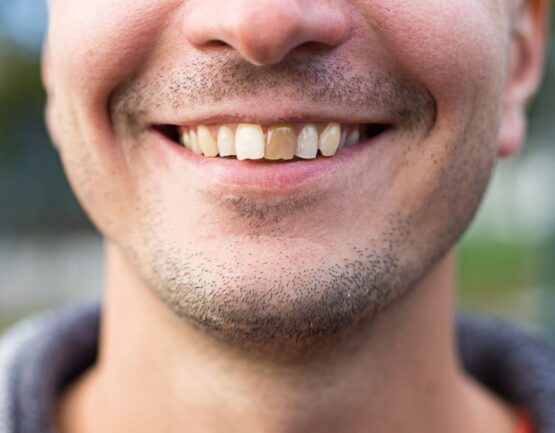Strong overall health relies on you have a healthy set of teeth. Any signs of a dead tooth, including a dead or broken wisdom tooth, can indicate dangers that could prove consequential and will require removal treatment.
One of the difficulties of it is that it is hardly noticeable in its early stages of decay. There are many dental issues you may experience at any stage in life, but when it comes to decay and a dead tooth, you need to visit a dentist straight away, likely for extraction treatment.

A dead tooth comprises dead nerves owing to a lack of blood supply to the pulp, which is the inner centre part of the tooth. When blood supply is cut off from the pulp, the nerves become damaged and the tooth begins to die because it isn’t receiving the necessary oxygen and nutrients to remain healthy. This also invites harmful bacteria build-up and a greater chance of infection. The tooth will eventually fall out by itself.
The dentist is best placed to identify and determine the root cause of a dead tooth. Although, there a certain symptoms that you’ll experience that will draw your attention to a tooth that is beginning to decay or is slowly dying.
Sensitivity in and around the tooth is the first sign of a dead tooth. The pain can be minor to severe. This is because the centre of the tooth has become infected and swollen, putting pressure on the periodontal membrane, which is the nerve tissue formed around the tooth base. This can cause immense pain. Bacteria or dead nerves builds up inside the pulp cavity.
A tooth that is showing signs of changing colour is a sign that there is a lack of blood supply to the tooth. The tooth colour can change from yellow to black. The discolouration will continue until you get treatment from the dentist. Signs of a colour change of the tooth will also introduce swelling, bad odour in the mouth and inflamed sores on gums.

Signs of a dead tooth is simply an indication that either your oral health has been neglected, or you’ve experienced an accident causing trauma inside the mouth. Performing strong oral hygiene with good dental habits are essential in reducing the chances of decay and eventually a dying tooth. Brushing and flossing your teeth is fundamentally important to keep the bacteria away from your mouth and your mouth clean. You also need to eat foods as part of a balanced diet containing the right nutrients for strong enamel.
Sometimes, tooth trauma from physical contact requires an immediate examination at the dentist to determine how the tooth can be saved. It is important that the trauma isn’t ignored if the pain subsides. It is important to be safe and contact the dentist for a check-up.
If you’ve recently had a tooth removed, read here to learn about the aftercare tips. Alternatively, if you’re experiencing symptoms of a dead tooth and are seeking removal treatment, consulting the dentist is the right thing to do. Head to www.melbournewisdomteeth.com.au or call 03 9052 4422.